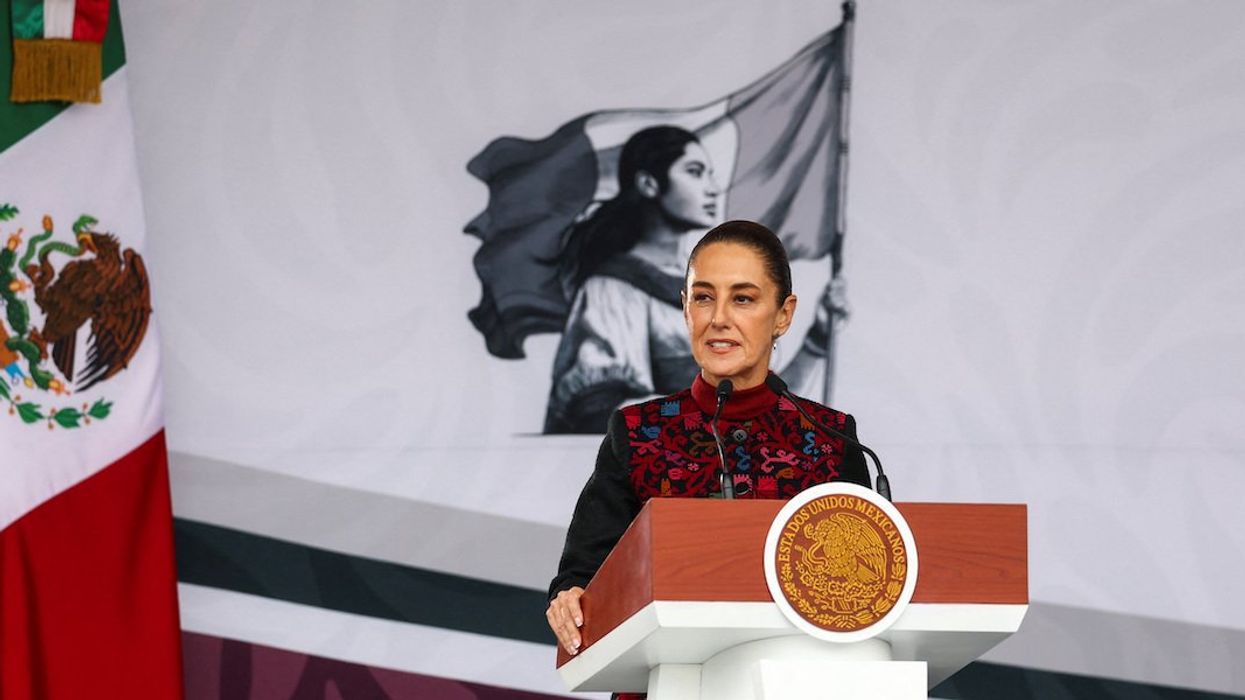What We're Watching
Constitutional changes target regulatory agencies in Mexico
The lower house of Mexico’s Congress approved the text of a constitutional proposal to scrap oversight bodies on Wednesday, a first step in the ruling Morena party’s goal of eliminating autonomous institutions and consolidating power.
Nov 21, 2024

